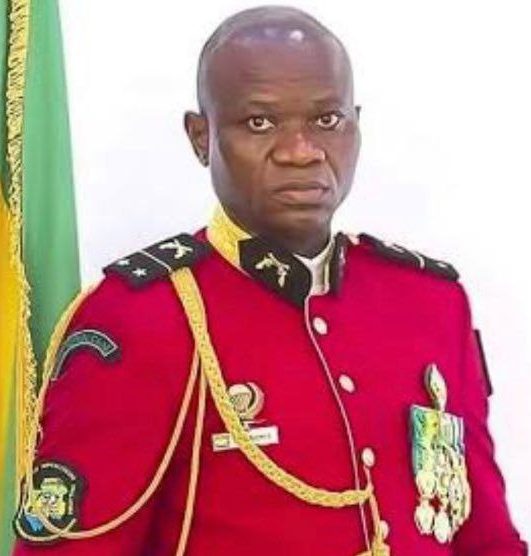
In a speech after taking the oath of office, Nguema said the elections would be the stepping stone to “handing power back to the civilians,” although he did not give a timeline.
Nguema said he was seeking the participation of all of Gabon’s “core groups” to draft a new constitution, which “will be adopted by referendum.”
He also said he would be instructing “the future government… to consider ways of amnestying prisoners of conscience” and “facilitating the return of all exiles” from abroad.
Nguema, 48, who is head of the elite Republican Guard, led a coup that brought the curtain down on 55 years of dynastic rule by President Ali Bongo Ondimba and his father Omar, who died in 2009.
Bongo’s ouster came just moments after he had been proclaimed victor in presidential elections last month — a result branded a fraud by the opposition.
Nguema said he was “surprised” at foreign criticism of the coup.
The military had been prompted by a desire to avoid bloodshed following “an electoral process that was obviously loaded,” he said.
“We are greatly surprised to hear certain international organisations condemn the act taken by soldiers who were simply upholding their oath to the flag — to save their country at the risk of their lives,” he said.
Five other countries in Africa — Mali, Guinea, Sudan, Burkina Faso and Niger — have undergone coups in the last three years, although their circumstances are different from Gabon’s.
AFP





